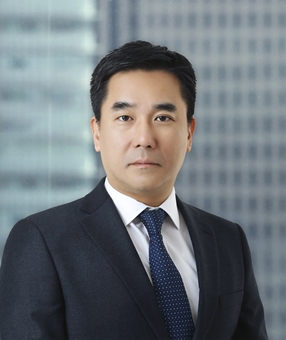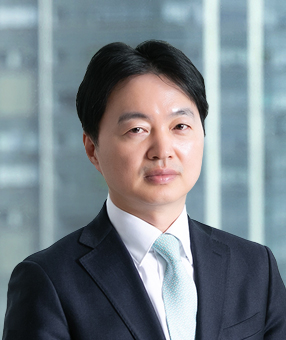On July 5, 2023, the Korean IP High Court (formerly Patent Court) rendered an important decision in the ongoing invalidation litigation relating to Novartis' Galvus® product, a type-2 diabetes mellitus treatment drug, implying that the Korean Intellectual Property Office (KIPO) should be more inclusive in compensating for delays due to drug approval procedures by allowing additional patent term extension (PTE). This is the second time the IP High Court has issued a decision in the PTE invalidation actions filed by local generics against the Galvus® compound patent, after the case was remanded by the Supreme Court. Please click the link for our newsletter covering the earlier IP High Court decision in 2020.
As in the first IP High Court decision in this case, the IP High Court confirmed in the new decision that PTE term should be calculated as provided under the Korean Pharmaceutical Affairs Act and its subordinate regulations, which admit foreign clinical trial data as well as domestic clinical trial data when obtaining drug approval from the Ministry of Food and Drug Safety (MFDS). Thus, the Court once again affirmed that foreign clinical trial periods should not be excluded from PTE. This is in contrast to the KIPO PTE Notice governing the current PTE calculation system, which wholly excludes foreign clinical trials from PTE.
In addition, the IP High Court implicitly disagreed with KIPO's current practice of automatically denying PTE for time taken by a marketing approval ("MA") applicant to respond to an MFDS supplementation request during approval review, citing it as "a delay due to the applicant." The Court indicated that even if the MFDS issues a supplementation request during the approval process, this should not simply be assumed to be a delay attributable to the applicant. The Court reasoned that there was no legal basis for applying a duty of care to an MA applicant to submit "all" regulatory documents at the beginning of drug approval proceedings (and therefore no duty to avoid the need for supplementation during the proceedings). As grounds for these conclusions, it cited the highly discretionary nature of MFDS review, which often presents difficulties to MA applicants in preparing responses. The Court implied that whether and how much of a given period of supplementation should be attributed as applicant delay should be determined on a case-by-case basis after reviewing the circumstances.
In spite of the IP High Court's ruling (which has been appealed to the Supreme Court), KIPO is not likely to change its current PTE practice soon, at least until the Supreme Court finally confirms the IP High Court's decision. Nevertheless, this recent decision reflects the growing trend in the judicial system to be more conscious of the PTE rights of patentees.
Related Topics







